How to heat your home when the power is out – 6 life-saving ways to stave off cold if disaster strikes
Planning ahead is essential
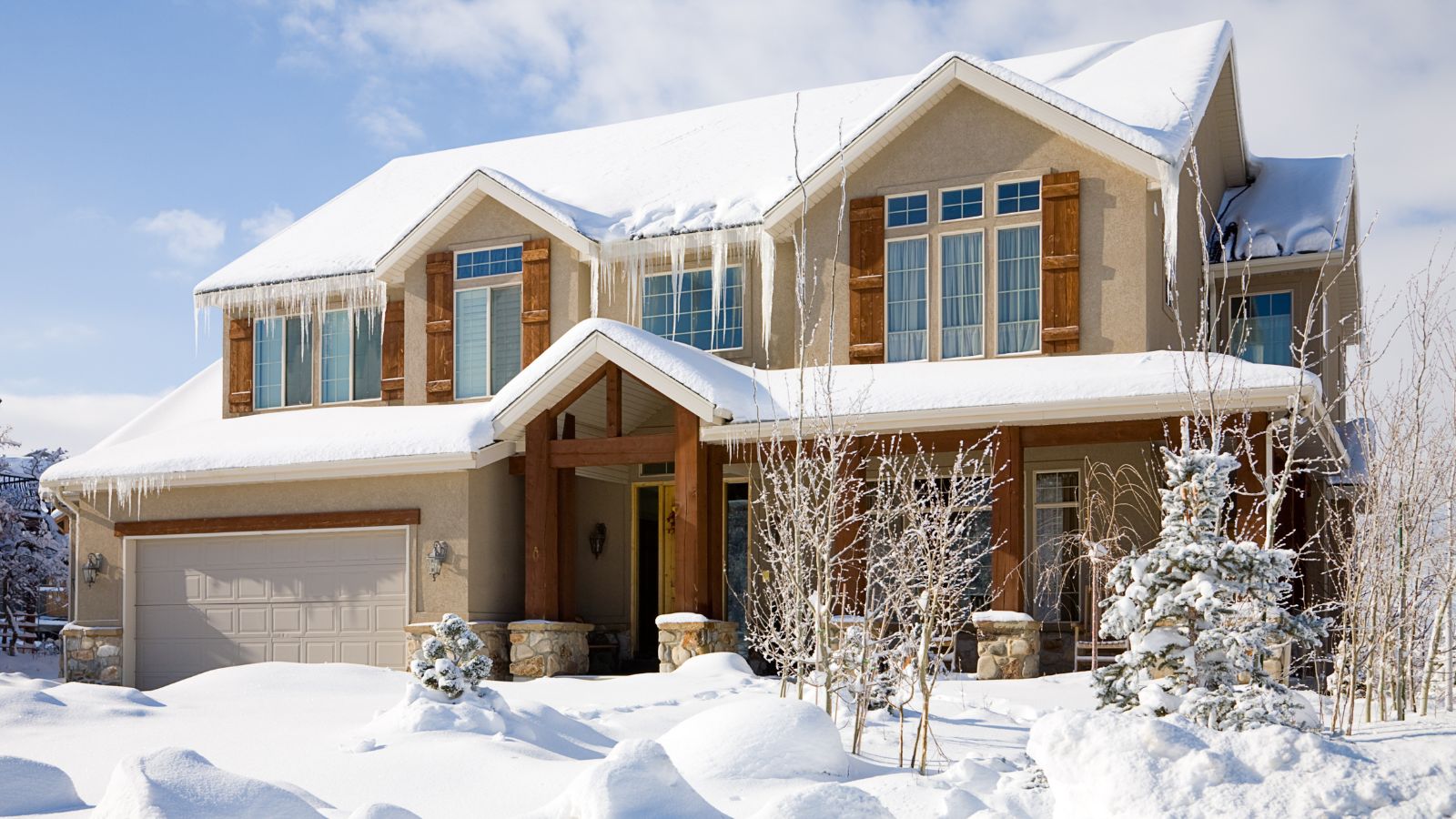

Cold weather is bad enough without power cuts, but add an outage on top of it and you only have so long before you are shivering in your own home.
A cold house does more than make you uncomfortable, however. Leave a house unheated for too long and you risk frozen pipes and mold growth. Worse, it can severely impact your health – especially that of young children, elderly and vulnerable.
Here, heating experts and contractors reveal 6 life-saving solutions to help you stay warm and prepare your home for an emergency.
How to heat your home when the power is out
You have a far better chance of keeping your home warm in a power outage when you prepare a home for a power cut ahead of time and get ahead of any disaster.
1. Focus on one room

Max Veggeberg, CEO and founder of Tetra begins, ‘The safest and most efficient way to heat a home during a power outage is by focusing on retaining and generating warmth. Begin by moving to a well-insulated room with minimal windows, and closing interior doors to other rooms containing heat.’
Focusing most of your efforts in one room will ensure your household stays healthy, which is by far the most important factor in dire situations such as a cold weather power cut, especially if you have not had the chance to prepare your home for a freeze or severe weather ahead of time.
2. Keep doors closed

When trying to heat your house when the furnace goes out, it helps to close all the doors – including the internal doors.
Isolating rooms and creating smaller spaces makes them easier to heat, helping to retain warmth more easily.
3. Block drafts

Just as you would keep a poorly insulated home warm, your next step would be to draft-proof your home.
Brandon Young, CEO at Payless Power says, 'The most important thing is to insulate your house. Weatherstrip or towel-seal the doors and windows shut off unused rooms, and huddle together in the warmest area. It's surprising how much of a difference this may make. Heavy drapes [with some curtain hacks for a warmer home], carpets, and quilts can do the trick.’
If you don't have any draft excluders you can use old pillows, cushions, or thick throws to physically block the gaps.
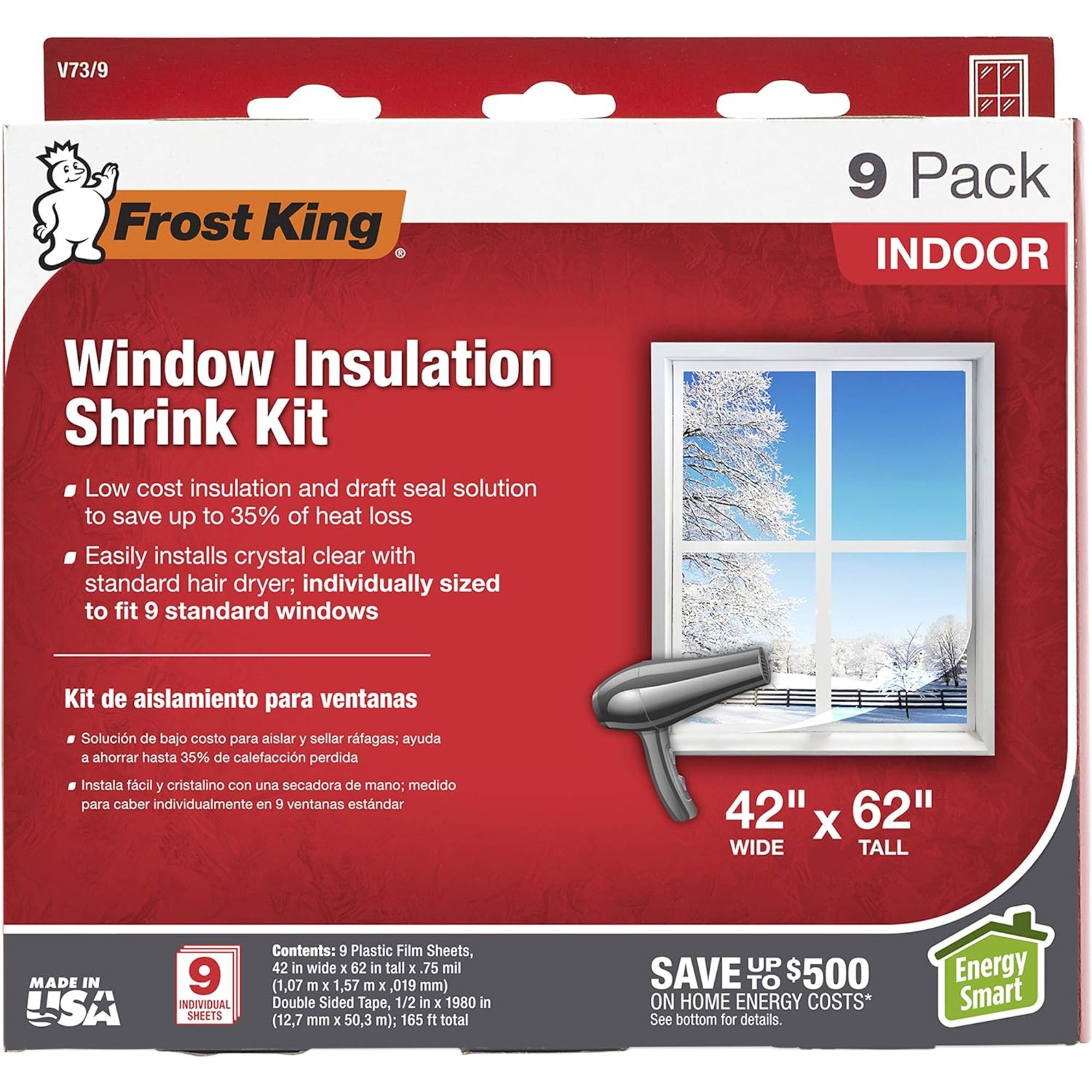
This window film is cut to size and applied with a heat gun or air dryer for a shrink-wrap effect, helping stop cold air from leaking through the glass.
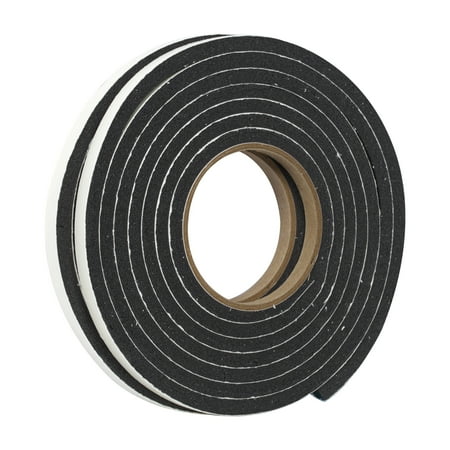
This weatherstripping sticks to the edges of doors and windows to form a tight seal, limiting drafts and cold air transfer. Head of Solved Punteha recently used weatherstripping and it was an easy, quick and very effective fix.
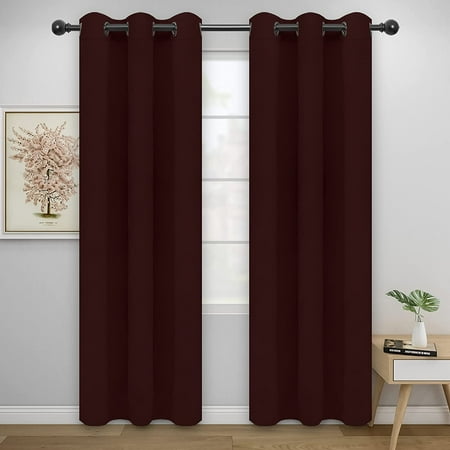
Available in three sizes, these thermal curtains will help to block out cold drafts around windows and doors for a cozier home in winter.
4. Use a portable generator
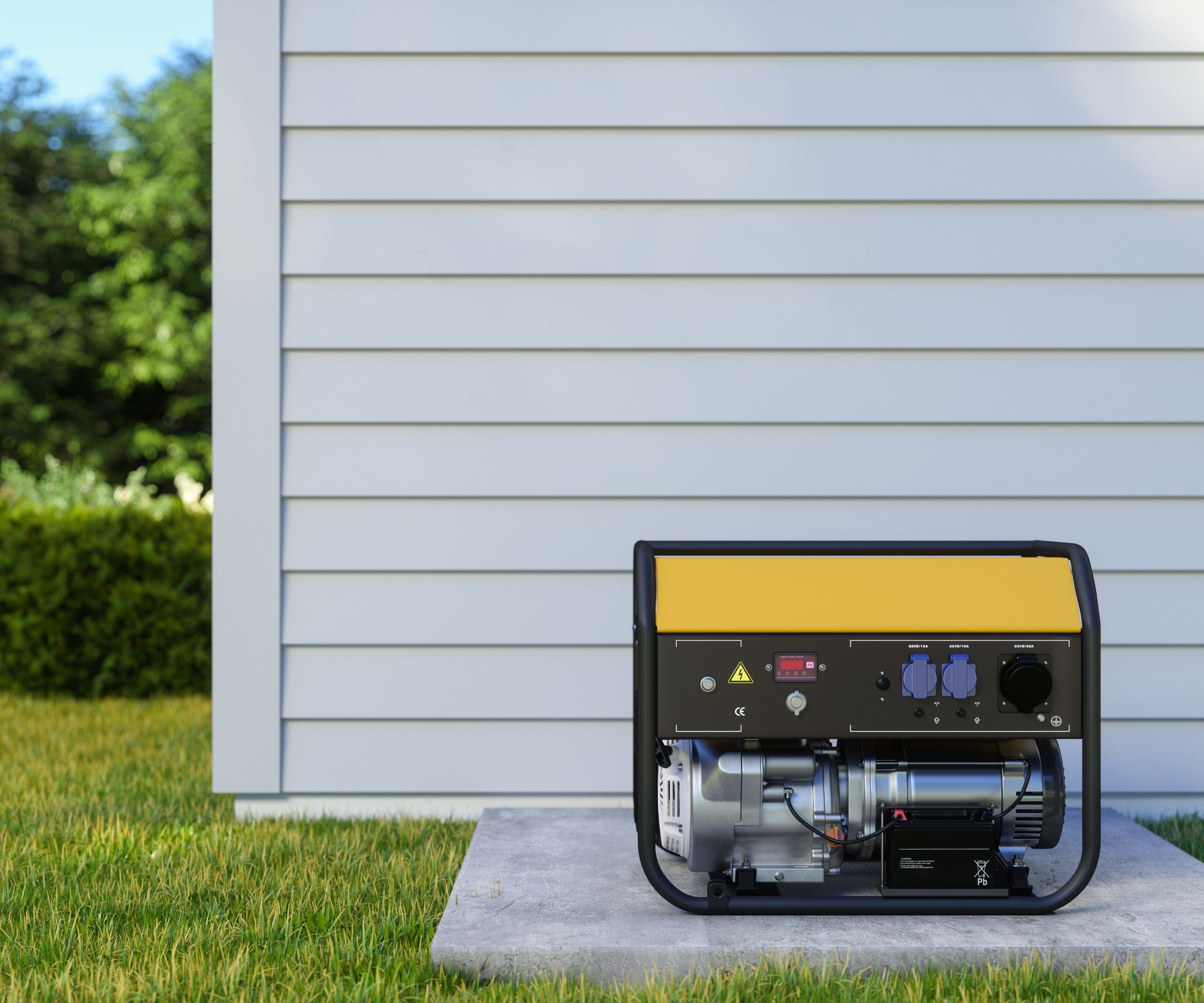
If you live in an area prone to power cuts or extreme weather, it's definitely worth investing in a portable generator or home battery backup, particularly when preparing your home for a snowstorm.
Brandon Young says, ‘A couple of the best options include using a portable operating generator to power the best electric space heaters.
‘Just remember to safely set up the generator outside – not inside or within a garage – and use a space heater with certain key features, including tip-over protection. This will be great if you don't have to heat a large area in your home and already have a generator.’
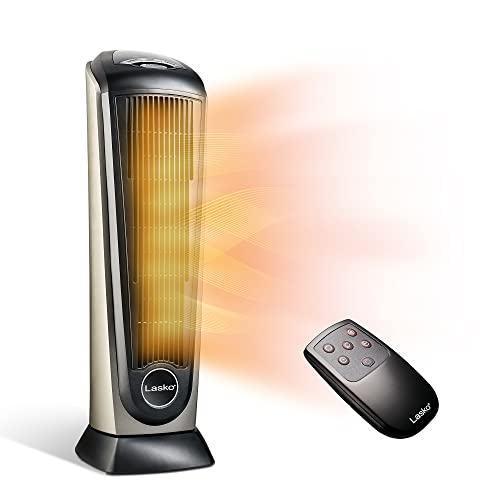
If you have a generator for power, a ceramic space heater is your best option for warming your space. A heating element warms up a ceramic plate, which then radiates heat into your room rapidly. With a generator in place, it'll be possible to run this during a power outage.
5. Stock up your stove
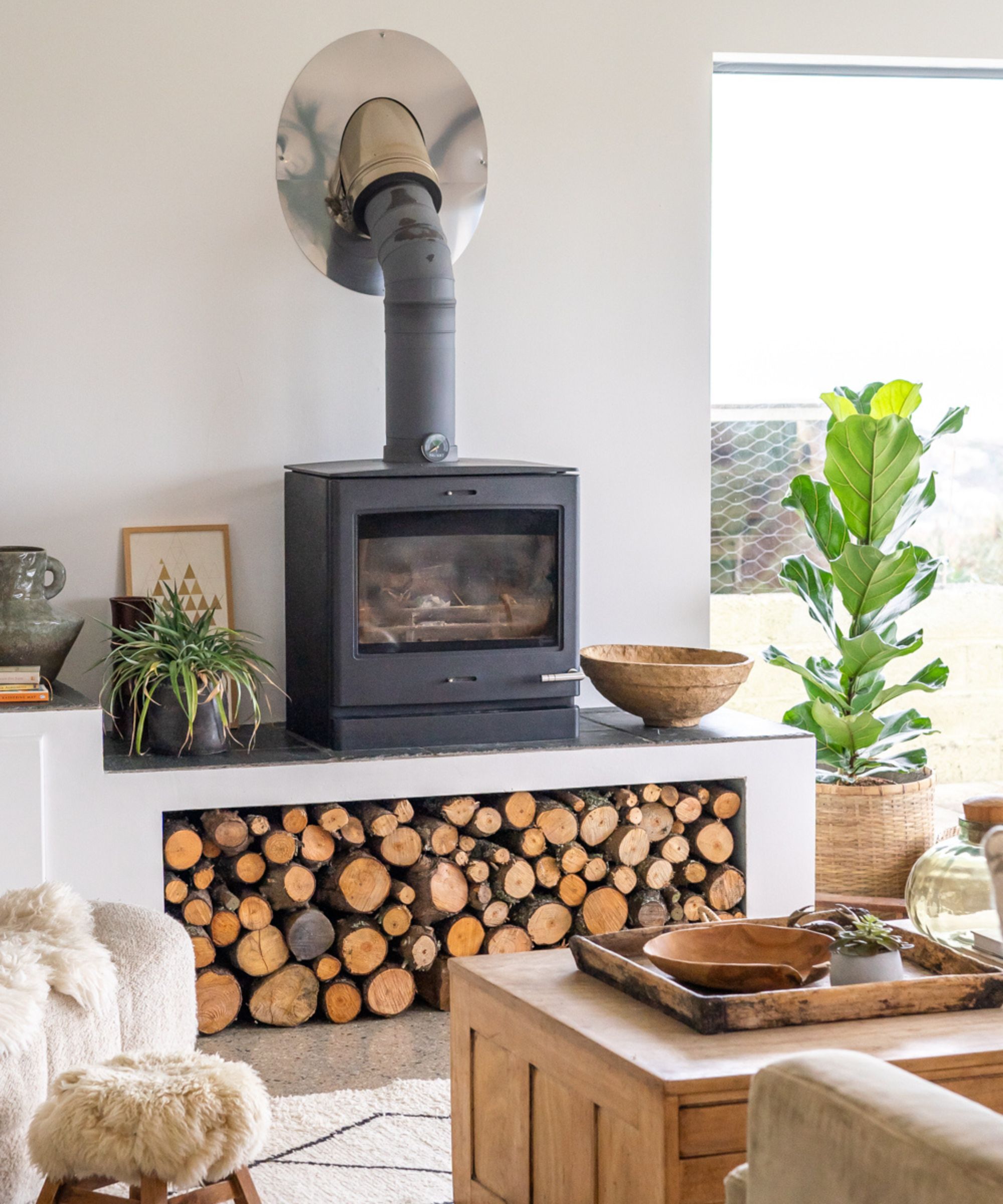
Brandon Young continues, ‘If you have a wood burner stove, a pellet stove, or a gas fireplace, you are in good shape. Such nonelectric sources of heat will maintain temperatures in large areas, even at the time of an outage. Be aware that pellet stoves may require a battery backup to work – so better check now for an emergency.’
Remember to brush up on how to start a fire in a fireplace and how to store firewood indoors to keep your firewood dry and your burn clean.
Joel Worthington, president at Mr. Electric, a Neighborly company warns, however, ‘Homeowners should ensure proper ventilation when using gas or wood-burning heat sources to avoid carbon monoxide poisoning. Always follow manufacturer recommendations when operating generators.
'Keep flammable materials away from heaters and never leave them unattended. Homeowners should ensure all smoke and carbon monoxide detectors [availible at Walmart] are in good working order.’
6. Think long-term with solar
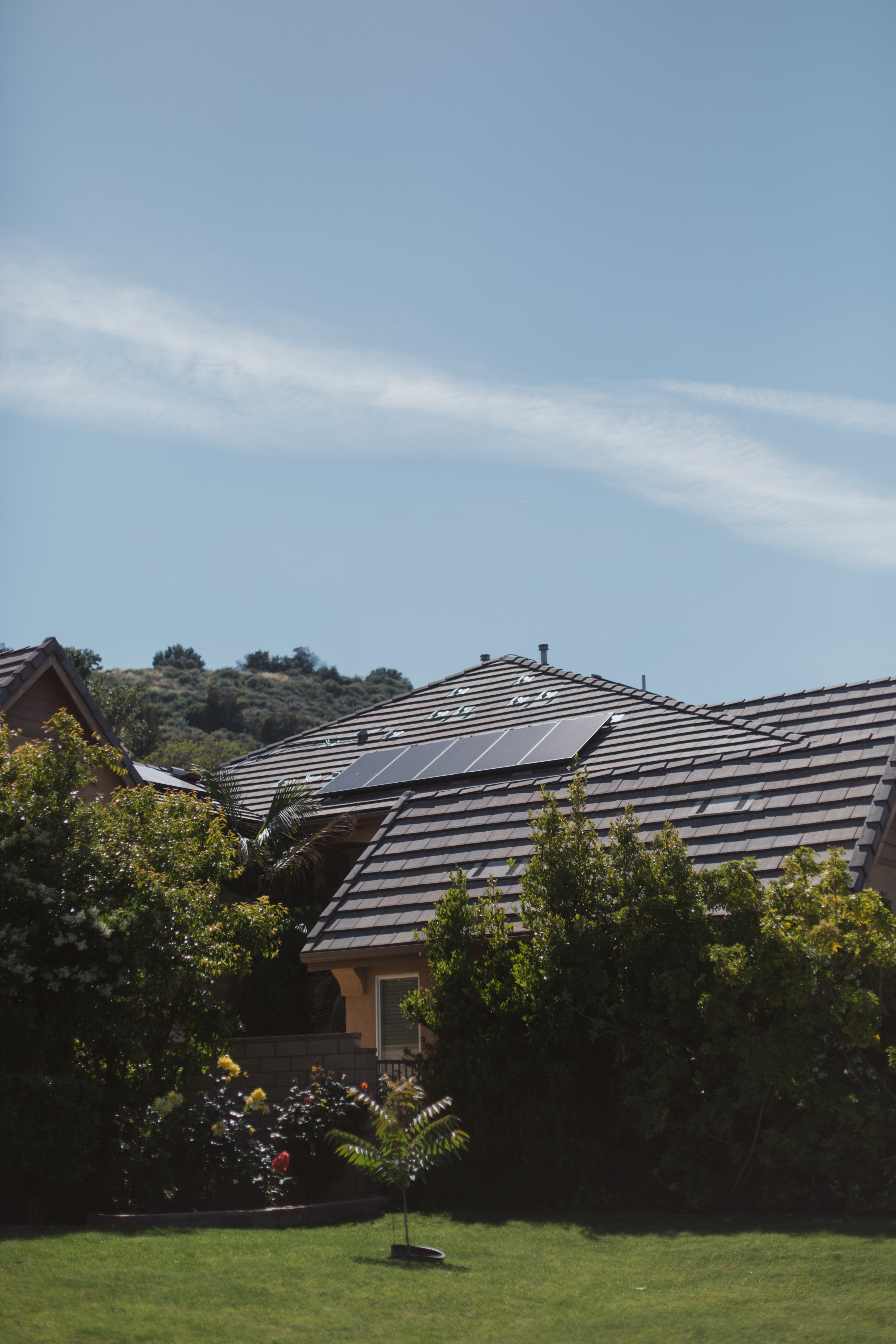
It isn't a quick fix, but now is as good a time as any to start thinking about eco-home improvements such as installing solar power panels. This can help with both eco-heating and eco-cooling as the weather becomes more extreme.
Kristina Zagame, senior researcher in home electrification at EnergySage advises, ‘If power goes out, a solar panel system with battery storage can keep your HVAC running. Extreme weather and major outages are becoming increasingly common across the U.S.
‘When the power grid goes dark, the house with solar and storage will be the only one with its lights still on. It’s a solution that can save you from costly disruptions like losing heat, spoiled food, and property damage.’
FAQs
What is the most affordable way to heat a home without power?
While they have a significant upfront cost, propane heaters can be particularly efficient at heating your home without power as gas is relatively affordable to replace. Be aware, however, that you need to opt for an indoor-specific gas heater and ventilate the space to prevent irritating your airways.
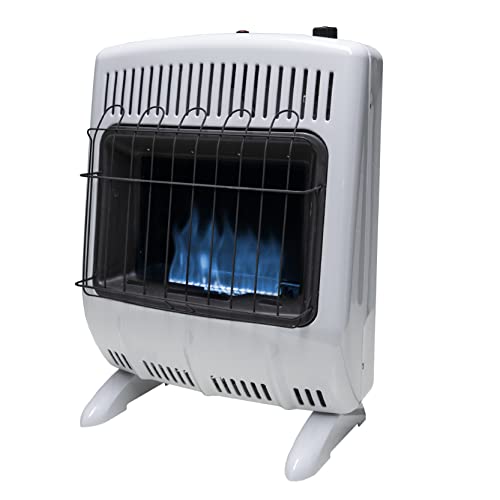
This indoor propane heater is fitted with a factory standard automatic low oxygen shut-off system (Oxygen Depletion Sensor-ODS) that ensures safe operation whenever in use.
Of course, it also helps to take personal measures to stay warm in freezing conditions. Wearing lots of thin layers on top of one another will help to trap heat, especially if you use natural materials such as wool (including cashmere).
It can also ease the chill to leave your heating on overnight in freezing weather if you are concerned about potential power cuts. If you can thoroughly heat your home in the run-up to a cut, you are more likely to be able to keep it warm until the power comes back on.
Next, delve into the space heater mistakes to avoid.
Sign up to the Homes & Gardens newsletter
Design expertise in your inbox – from inspiring decorating ideas and beautiful celebrity homes to practical gardening advice and shopping round-ups.

Chiana has been at Homes & Gardens for two years and is our resident 'queen' of non-toxic living. She spends most of her time producing content for the Solved section of the website, helping readers get the most out of their homes through clever decluttering, cleaning, and tidying tips. She was named one of Fixr's top home improvement journalists in 2024.
-
 5 warning signs it’s time to replace your air conditioner for stress-free and safe summer cooling
5 warning signs it’s time to replace your air conditioner for stress-free and safe summer coolingDon't waste money on energy bills or risk danger, HVAC experts warn
-
 The statement color trend Alicia Keys wore to the Met Gala has finally convinced me to decorate with 2025's most divisive color of the year
The statement color trend Alicia Keys wore to the Met Gala has finally convinced me to decorate with 2025's most divisive color of the yearRed is not just on everyone's closets, it's in everyone's home too
-
 Professional cleaners reveal whether natural cleaners can disinfect common household bacteria and viruses
Professional cleaners reveal whether natural cleaners can disinfect common household bacteria and virusesThe answer may surprise you
-
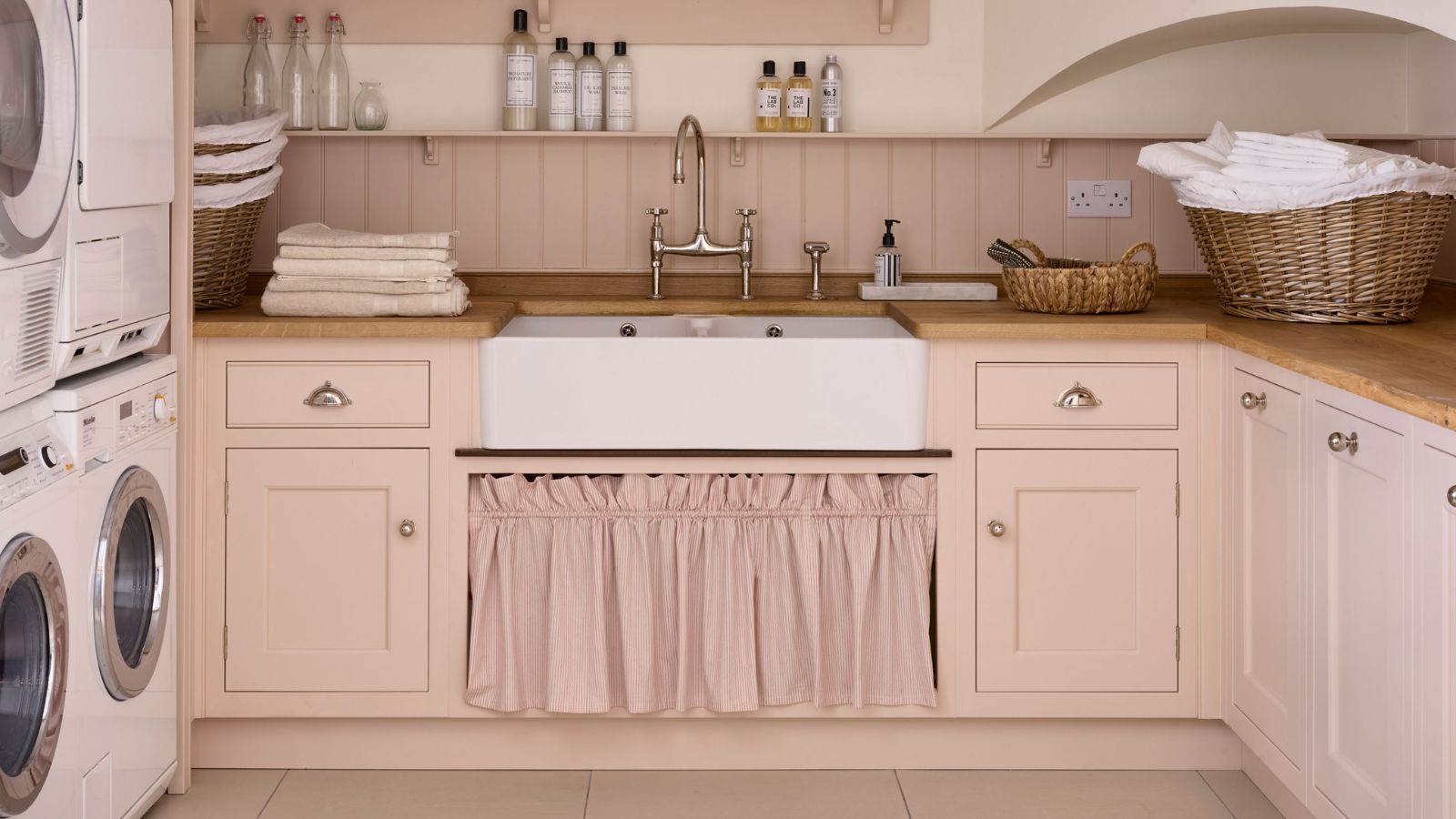 'They are not designed to be storage' – experts warn you should never store these 5 things on your washer or dryer
'They are not designed to be storage' – experts warn you should never store these 5 things on your washer or dryerYou'll run the risk of fire or damage to your appliance
-
 This $5 hack can cut your water bill in half and vastly improve your water pressure – it's perfect for renters and homeowners alike
This $5 hack can cut your water bill in half and vastly improve your water pressure – it's perfect for renters and homeowners alikeA faucet aerator can improve flow, reduce water, and help with washing up
-
 What are gutter guards, and do they really work? Roofing experts reveal these mean 'less to worry about', including mold and pests
What are gutter guards, and do they really work? Roofing experts reveal these mean 'less to worry about', including mold and pestsThey also help prevent water-related damage
-
 5 surprisingly practical ways to re-purpose old bed sheets for cleaning, decluttering and storage at home
5 surprisingly practical ways to re-purpose old bed sheets for cleaning, decluttering and storage at homeDon't ditch worn-out bedding – there's life in them yet
-
 Do you need to turn the lights off when you leave a room? Experts have ended this time-honored debate once and for all
Do you need to turn the lights off when you leave a room? Experts have ended this time-honored debate once and for allOn or off? We delve into the details of this age-old dispute
-
 I tried the baking soda trick to quickly and naturally clean my outdoor rug – it’s now set for Easter outdoor hosting
I tried the baking soda trick to quickly and naturally clean my outdoor rug – it’s now set for Easter outdoor hostingBaking soda is perfect for lifting dirt and debris
-
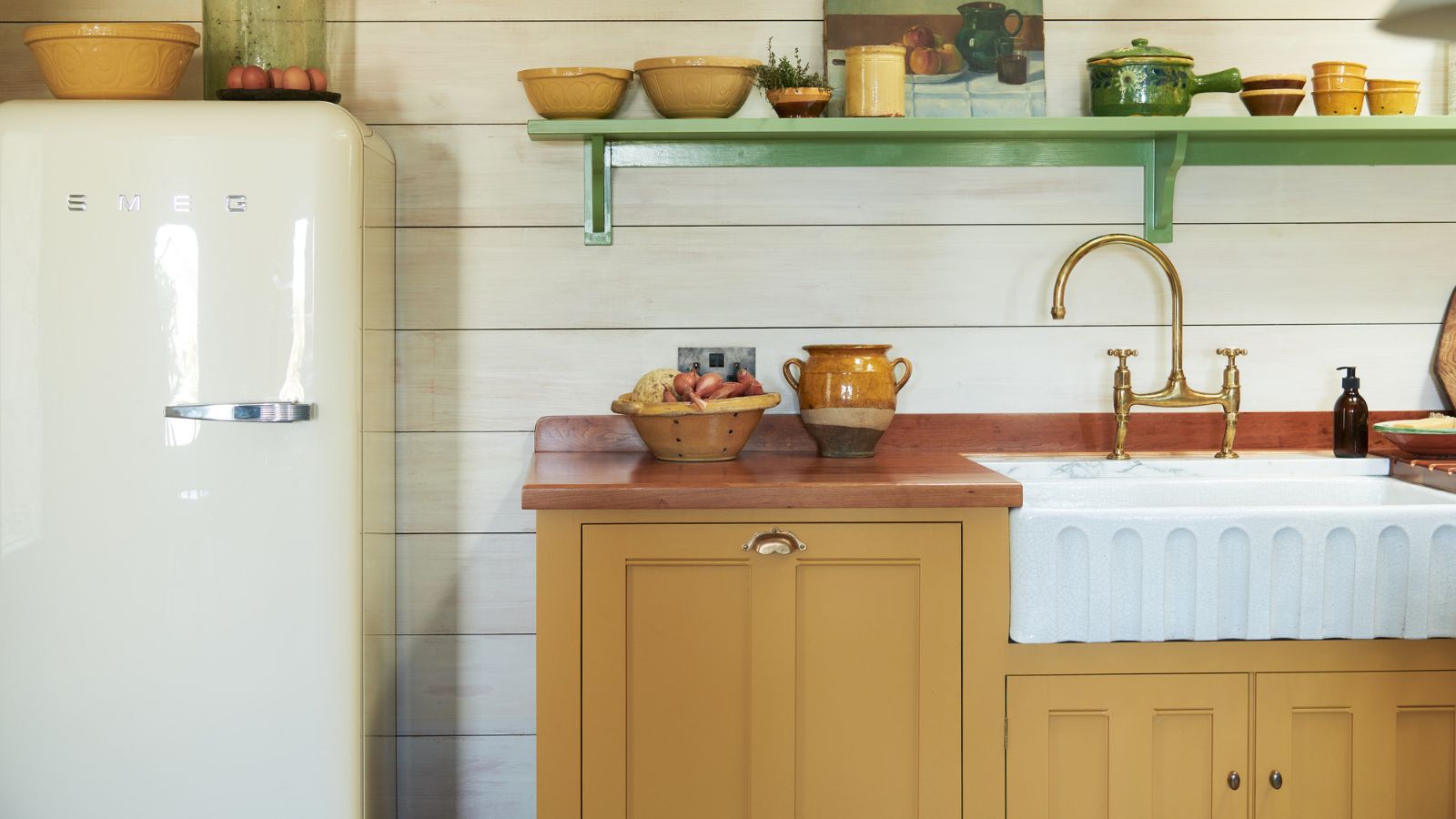 The 5 worst things you can do to your fridge – these will drive up energy costs and result in pricey and regrettable repairs
The 5 worst things you can do to your fridge – these will drive up energy costs and result in pricey and regrettable repairsIt's crucial to swerve these blunders, appliance experts warn